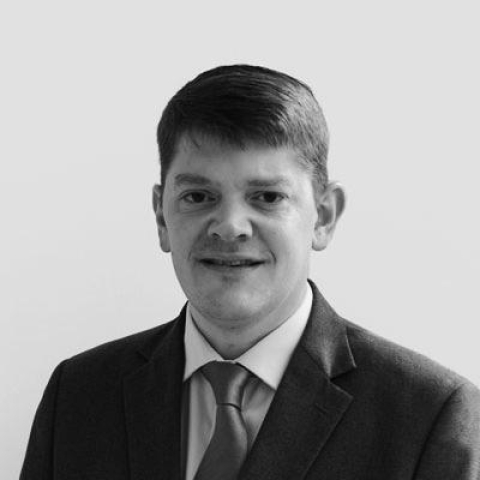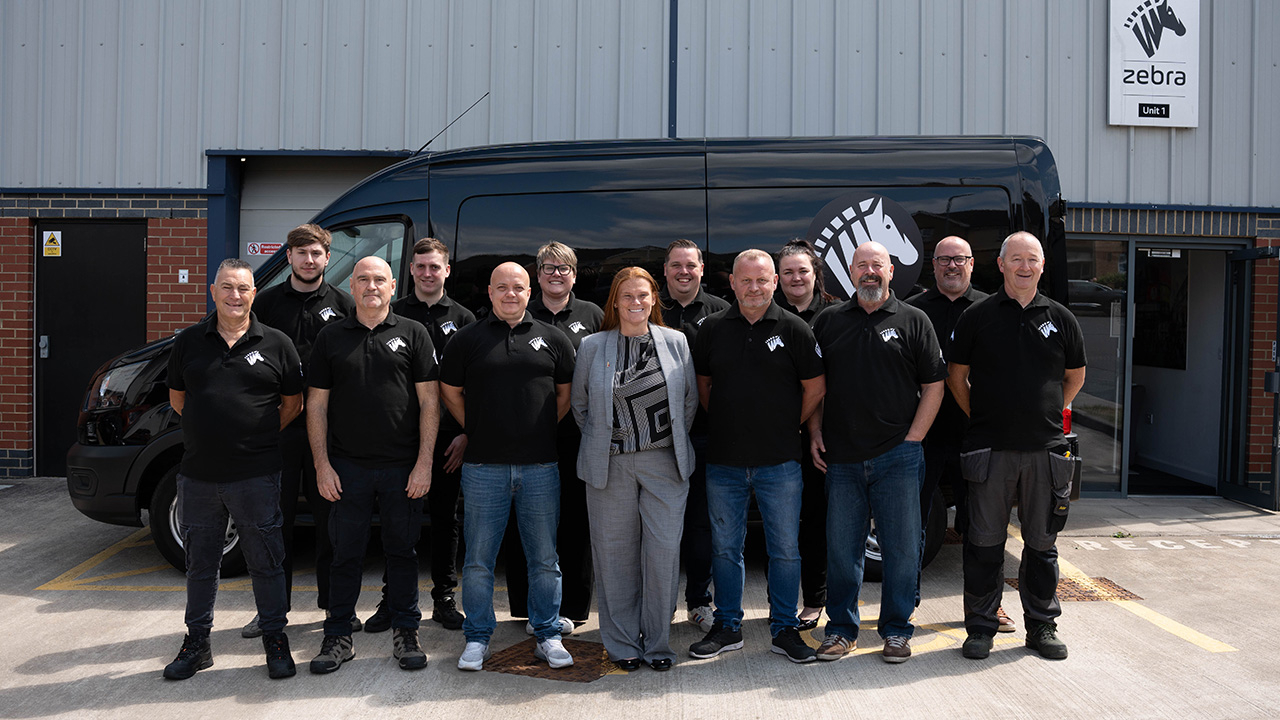Edale moves forward
‘People think of us as a flexo label press manufacturer, but that’s becoming less and less true,’ states James Boughton, managing director of Edale.
Of course, his company does have a long and proud history in flexo, although the current sales mix sees pure flexo label presses equating to less than half of its business, with flexo packaging machines representing 35 percent and digital systems the rest.
This reflects both the changing nature of Edale’s reputation in the market, as well as the market’s own evolution. Digital continues to disrupt the print industry, although not as fervently in the broader packaging market as labels, while other print processes continue to develop and find new markets to serve and applications to fulfill. Boughton notes: ‘There are huge opportunities for us to grow within the wider packaging market, with flexo offering package printers the equivalent of what digital offers label printers.’
Collaboration
In reality, Edale has been involved in markets beyond flexo labels for many years, building machines to print films and cartons back in the 1990s. In the 2000s, it worked with Agfa on a hybrid system, Dotrix Modular, which helped lay the groundwork for its current portfolio of products and activities by giving it experience in collaborating with other manufacturers to deliver systems. More recently, it has worked with Screen, joined forces with FFEI and Fujifilm for the Graphium hybrid press, and partnered with AB Graphic on the development of the Digicon 3000 finishing machine to complement the HP Indigo 20000 digital press. It has worked with inkjet printhead manufacturers to produce test rigs for their R&D activities, with other partnerships in the pipeline. It has even been involved on the development of a 1.6m-wide inkjet press for digital corrugated printing, itself a pilot for a 2.8m-wide machine. ‘People don’t relate things like wide format inkjet to Edale, rather we’re known for flexo machines that were bestsellers in the 1970s, 80s, 90s and 2000s,’ explains Boughton. ‘Everything we do is getting bigger and bigger, wider and wider.’
At the heart of all this is collaboration, with Edale ‘building bits of machines for others to sell,’ quips Boughton. The Graphium is a good example, with Edale conducting no sales activities, rather providing web handling and engineering competence to deliver a working system.
‘We’re doing projects with inkjet, narrow web hybrid machines and wider packaging machines, and we’ve produced three electron beam machines in the last year,’ Boughton continues. ‘We have a number of relationships, and there hasn’t been much in the way of crossover yet which allows us to serve a broad cross-section of the market.
‘Over the last few years, we’ve worked hard on our collaborative approach which has helped us grow the business at around 20 percent a year over the last five years.’
Edale is also broadening its horizons with a focus on new territories, such as North America. With the appointment of Matik as its exclusive distributor in North America at the end of 2016, Edale has ramped up its position in the region quickly with customers from the East to the West Coast. ‘Distribution in the US has gone well,’ states Boughton. ‘We were doing a lot of business in the region by default through Graphium and Digicon installations, but we’ve been quite successful very quickly in selling our own brand flexo machines, with the US now our biggest export market. India has always been good for us, as is Southeast Asia. Europe is a challenging market. In the US, even though it’s a large market, you can use a common strategy, but in Europe you can’t.’
Stay up to date
Subscribe to the free Label News newsletter and receive the latest content every week. We'll never share your email address.


